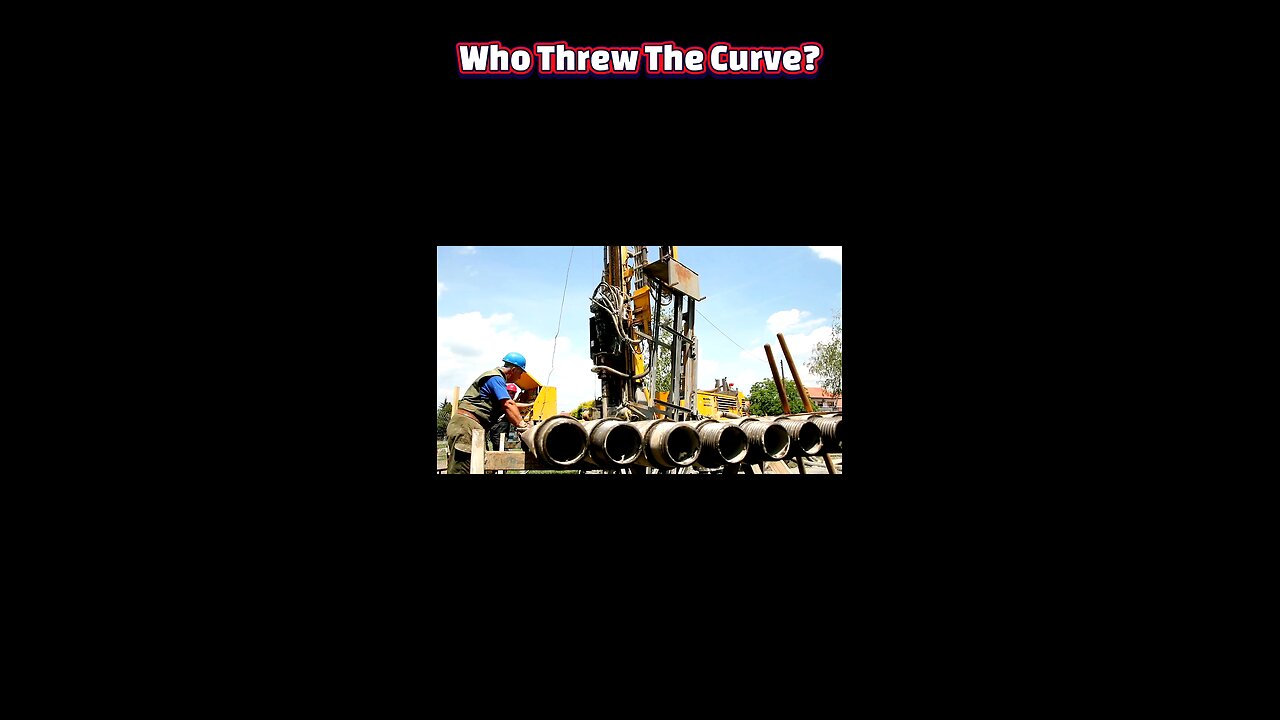Premium Only Content

Oil Origins EXPOSED: Plankton, Not Dinosaurs!
#OilMythBusted #PetroleumOrigins #PlanktonPower #NotDinosaurs #FossilFuelFacts #DeepTimeScience #EarthExplained #MythVsReality #ScienceRevealed #SustainableFuture #newvideo #new #fyp
For decades, a popular image has been that oil is the leftover goo of long-dead dinosaurs. It’s a catchy idea, but it’s scientifically inaccurate. In reality, petroleum originates almost entirely from microscopic marine organisms, plankton and algae, that lived hundreds of millions of years ago. Over time, their remains settled into sedimentary basins, rather than coming from giant reptiles roaming prehistoric swamps.
When these tiny organisms died, their bodies sank to the seafloor and mixed with mud and sand. As layers piled up, they buried the organic matter under increasing pressure and heat. Under the right conditions, this burial transformed the material first into a waxy substance called kerogen and then into liquid and gaseous hydrocarbons. This process takes tens to hundreds of millions of years, far longer than any dinosaur ever existed.
Geologists describe three key stages in petroleum formation: deposition, maturation, and migration. Deposition is the accumulation of organic-rich sediments. Maturation occurs as temperature and pressure rise, converting kerogen into oil or gas. Finally, migration drives those hydrocarbons through porous rocks until they become trapped in reservoirs beneath impermeable caprocks, locations where we drill for oil today.
Several lines of evidence confirm this marine origin. Chemical biomarkers, molecules preserved from specific algae, are routinely found in crude oil, and isotopic signatures match those of ancient plankton more closely than land-based plants or animals. Seismic surveys and rock core analyses also reveal that source rocks with abundant microfossils, not dinosaur bones, underlie most oil fields.
Dispelling the dinosaur myth doesn’t just correct a quirky misconception; it highlights the deep timescales and fragile conditions required to create fossil fuels. Recognizing that oil stems from microscopic life buried in ancient oceans can sharpen our sense of its rarity and nonrenewable nature. That awareness, in turn, underscores the urgency of investing in sustainable energy alternatives before we exhaust the legacy of Earth’s primordial plankton.
-
 LIVE
LIVE
DLDAfterDark
4 hours agoIs The "SnapPocalypse" A Real Concern? Are You Prepared For SHTF? What Are Some Considerations?
194 watching -
 19:58
19:58
TampaAerialMedia
15 hours ago $0.32 earnedKEY LARGO - Florida Keys Part 1 - Snorkeling, Restaurants,
17.7K7 -
 1:23
1:23
Memology 101
2 days ago $0.83 earnedFar-left ghoul wants conservatives DEAD, warns Dems to get on board or THEY ARE NEXT
17K47 -
 3:27:27
3:27:27
SavageJayGatsby
5 hours ago🔥🌶️ Spicy Saturday – BITE Edition! 🌶️🔥
48.7K1 -
 26:09
26:09
Exploring With Nug
15 hours ago $0.06 earned13 Cold Cases in New Orleans What We Discovered Beneath the Surface!
47.5K16 -
 27:39
27:39
MYLUNCHBREAK CHANNEL PAGE
10 hours agoDestroying Time.
130K31 -
 3:27:19
3:27:19
Mally_Mouse
6 hours ago🌶️ 🥵Spicy BITE Saturday!! 🥵🌶️- Let's Play: Minecraft Christmas Adventure!!
130K6 -
 2:14:31
2:14:31
Side Scrollers Podcast
10 hours agoSide Scrollers INVITE ONLY - Live From Dreamhack
157K14 -
 1:18:23
1:18:23
Simply Bitcoin
2 days ago $1.54 earnedThe Bitcoin Crucible w/ Alex Stanczyk and Lawrence Lepard
37.2K6 -
 1:25:03
1:25:03
Jeff Ahern
11 hours ago $0.34 earnedThe Saturday Show with Jeff Ahern
101K16